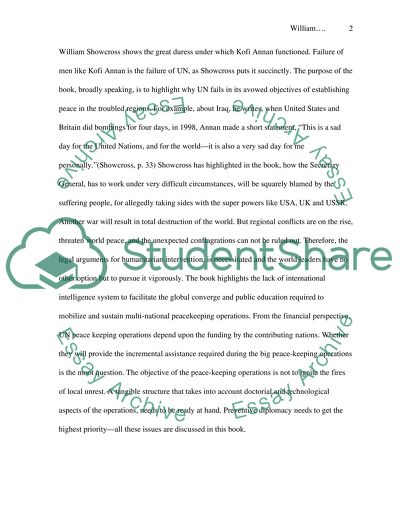Cite this document
(Book review,William Shawcross,Deliver Us From Evil Report/Review, n.d.)
Book review,William Shawcross,Deliver Us From Evil Report/Review. https://studentshare.org/sociology/1558596-book-reviewwilliam-shawcrossdeliver-us-from-evil
Book review,William Shawcross,Deliver Us From Evil Report/Review. https://studentshare.org/sociology/1558596-book-reviewwilliam-shawcrossdeliver-us-from-evil
(Book review,William Shawcross,Deliver Us From Evil Report/Review)
Book review,William Shawcross,Deliver Us From Evil Report/Review. https://studentshare.org/sociology/1558596-book-reviewwilliam-shawcrossdeliver-us-from-evil.
Book review,William Shawcross,Deliver Us From Evil Report/Review. https://studentshare.org/sociology/1558596-book-reviewwilliam-shawcrossdeliver-us-from-evil.
“Book review,William Shawcross,Deliver Us From Evil Report/Review”. https://studentshare.org/sociology/1558596-book-reviewwilliam-shawcrossdeliver-us-from-evil.


